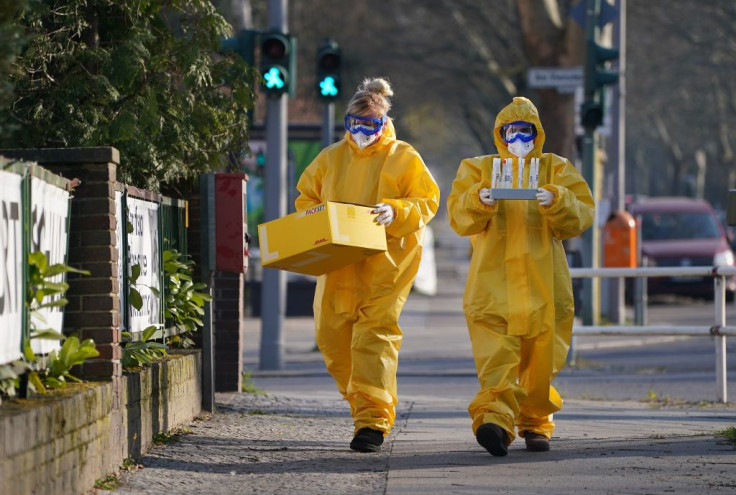Experts believe that the first instance of COVID-19, which was discovered in China three years ago and marked the beginning of a disease that has wreaked havoc over the entire world, should serve as a lesson for the upcoming pandemic, Diario Libre reported.
To stop the spread of disease, tests are crucial, particularly those that can be completed at home.
Other devices for the identification of viruses or bacteria that could cause the next pandemic, the discovery of vaccines or emergency treatments, or the production and distribution of these products.
International discussions have commenced between the World Health Organization (WHO) member nations to combat upcoming pandemics. The World Bank, on the other hand, established a special fund that was funded by the G20 nations (of the order of 1.6 billion dollars to date).
Private initiatives are also present. In Australia, business tycoon Geoffrey Cumming dedicated 170 million dollars to fund a research center directed by infectiologist Sharon Lewin.
The efforts of that team will be directed at creating technologies that can be used as the foundation for quickly adaptive treatments for emerging pathogens. The messenger RNA vaccinations designed to prevent COVID serve as the model. According to Sharon Lewin, the Australian facility should be ready in approximately six months.
Knowing how to act quickly in response to an unidentified infection is the goal. But identifying known risks is also a part of the anticipation.
The WHO is updating its list of microorganisms being monitored along with the flu, general coronaviruses, and the extremely hazardous Ebola and Zika viruses.
Arenaviruses or paramyxoviruses, which include the viruses that cause measles and mumps, or the Marburg virus, are other pathogens that are closely monitored.
However, lack of political will is what scientists and activists most worry about. Taking financing as an example.
To create a five-year response plan, the CEPI group, which was created by numerous nations and the Bill and Melinda Gates Foundation, is seeking 800 million dollars.
And then there is the complex issue of vaccine access, starting with the poorest nations.
The next catastrophe cannot be appropriately addressed, experts say, if vaccines are not easily and affordably accessible across Latin America, Africa, or Asia.
However, the discussions around patents within the WHO are "extremely worrying", estimates Mohga Kamal-Yanni, representative of the NGO People's Vaccine Alliance.

© 2025 Latin Times. All rights reserved. Do not reproduce without permission.



